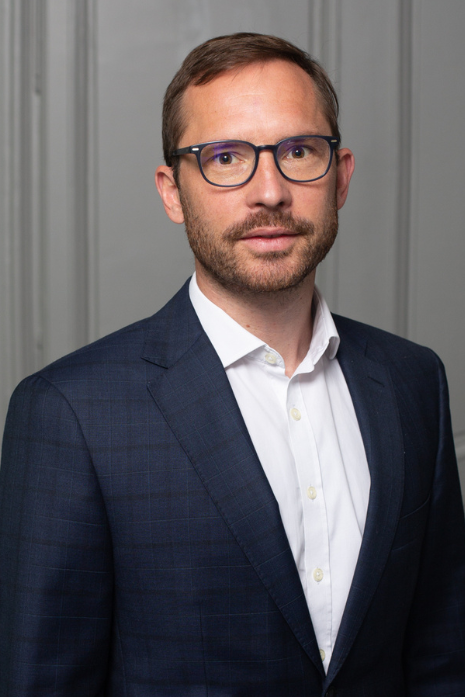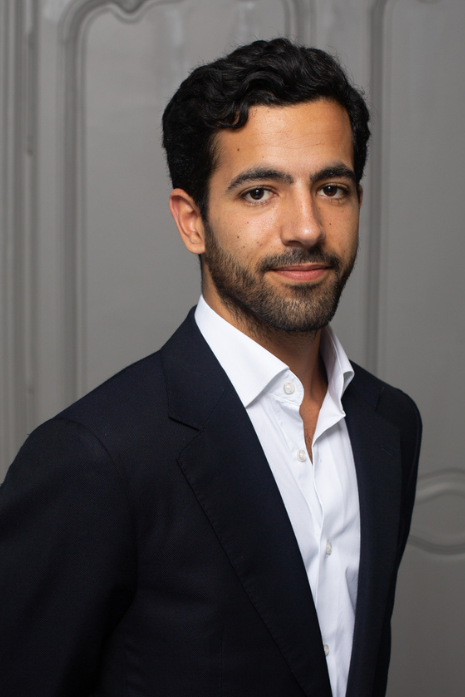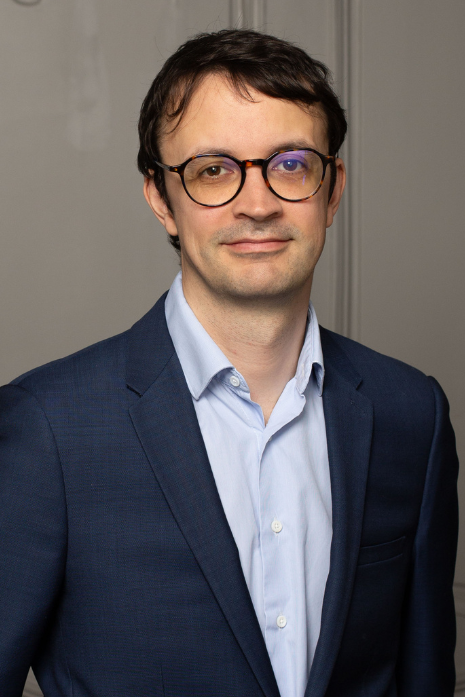OpenAirlines, a world leader in fuel-saving solutions for aircraft pilots, has announced a €45 million round of financing to accelerate its global expansion and reduce the carbon footprint of aviation.
OpenAirlines, a world leader in fuel-saving solutions for aircraft pilots, has announced a €45 million round of financing to accelerate its global expansion and reduce the carbon footprint of aviation. Joffe & Associés (Thomas Saltiel, Antoine Lamy, Rudy Diamant & Clément Peillet) advised MIROVA on this transaction.
This transaction, led by Eiffel Investment Group and supported by Mirova and Caisse de Retraite du Personnel Navigant (CRPN), will enable the company to step up its expansion in North America and Asia, and strengthen its portfolio of solutions dedicated to the ecological transition. Founded in 2006 by Alexandre Feray, the company has been profitable since 2021, with annual growth of 30%. Its flagship product, SkyBreathe, analyses flight data using artificial intelligence to optimise fuel consumption, reducing CO₂ emissions per flight by 3% to 5%.
SkyBreathe has already analysed more than 15 million flights for airlines such as Air France, EasyJet and Korean Air, saving 420,000 tonnes of fuel and avoiding the emission of 1.4 million tonnes of CO₂ by 2023. OpenAirlines is also innovating with SkyBreathe OnBoard, a real-time connected application to optimise pilots’ in-flight decisions based on variables such as the weather. At the same time, the company is developing tools for air traffic controllers and ESG (Environment, Social and Governance) solutions to help airlines meet growing regulatory requirements.
With this round of funding, OpenAirlines aims to triple its sales in five years, notably through strategic acquisitions. The company also plans to recruit 25 additional employees, on top of its current 95 staff spread between Toulouse, Hong Kong, Montreal and Miami. OpenAirlines is thus positioning itself as a key player in the ecological transition in aviation, offering efficient alternatives to sustainable fuels to achieve the sector’s goal of carbon neutrality by 2050.






